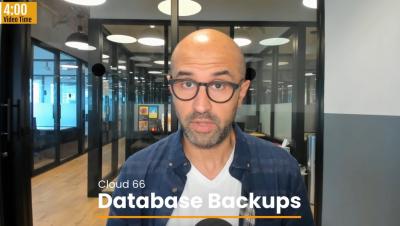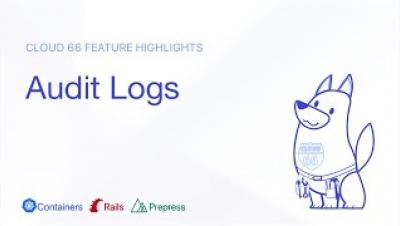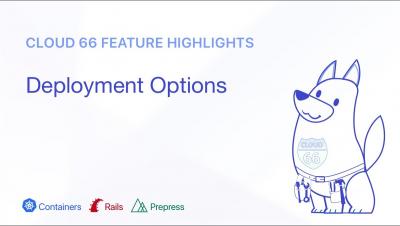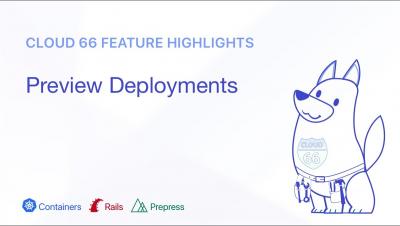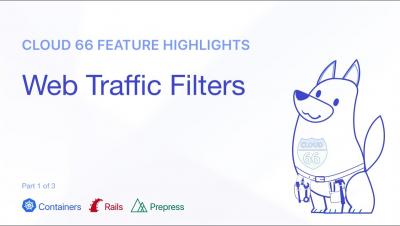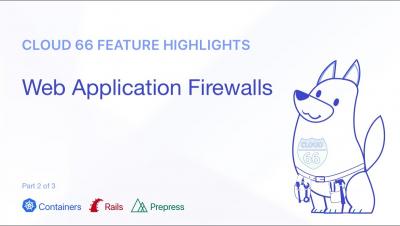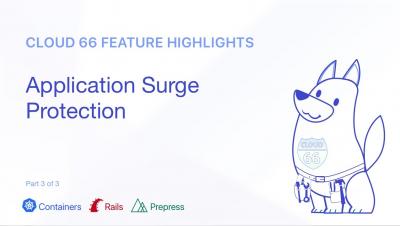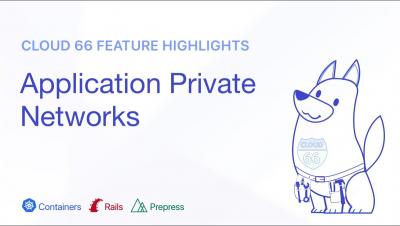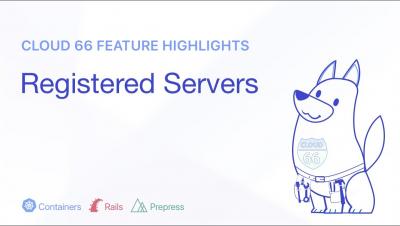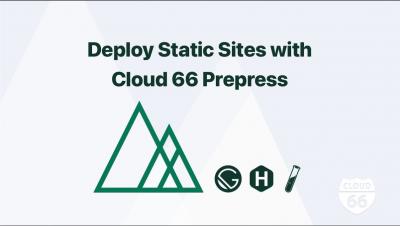Database Backups - Cloud 66 Demo
Cloud 66 supports two types of backups: managed and unmanaged. Managed backups: Using managed backups has several benefits: The 100 most recent managed backups are kept by default. Unmanaged backups: Unmanaged backups are stored on your local server and are available under `/var/cloud66/backups`. The 10 most recent unmanaged backups are kept by default. We don’t charge for unmanaged backups. What is Cloud 66? Cloud 66 gives you everything you need to build, deploy and maintain your applications on any cloud, without the headache of dealing with “server stuff”.


